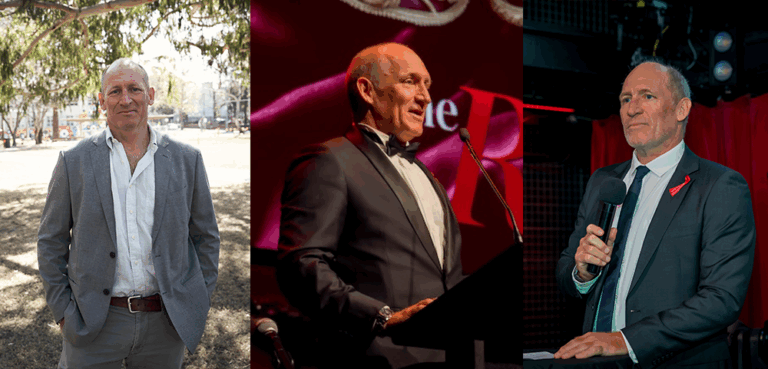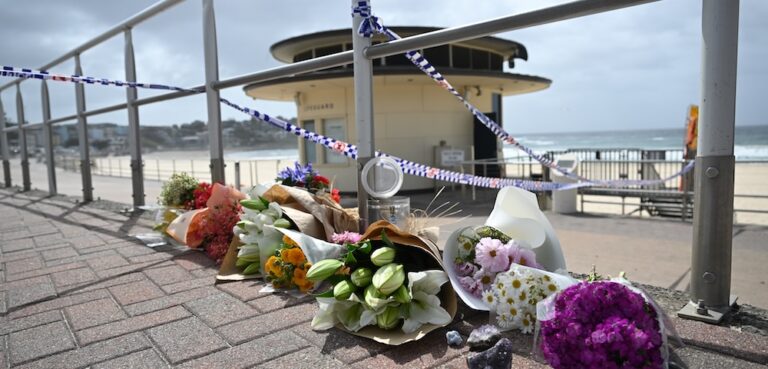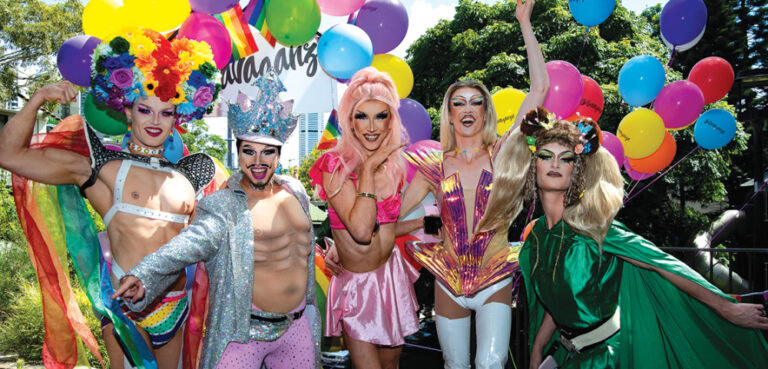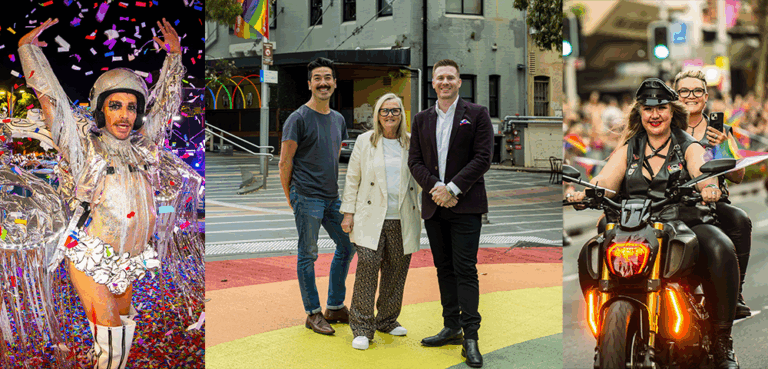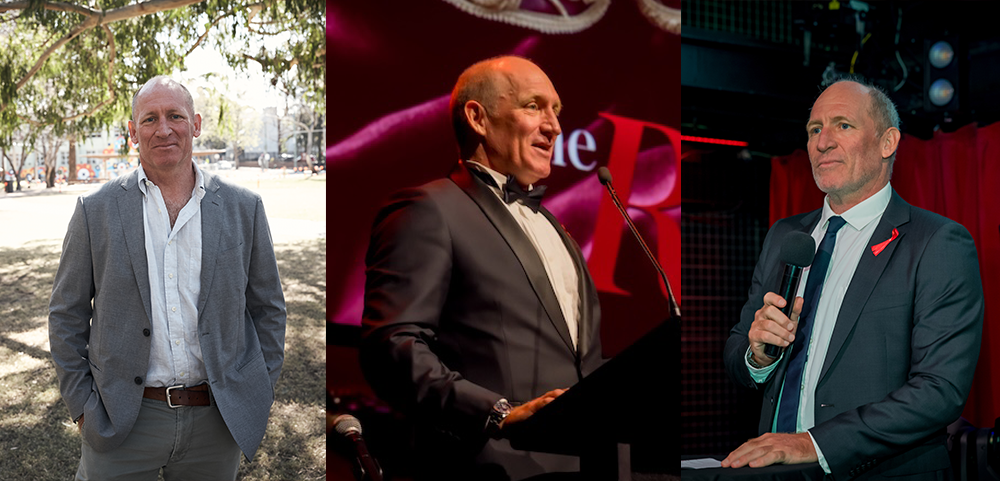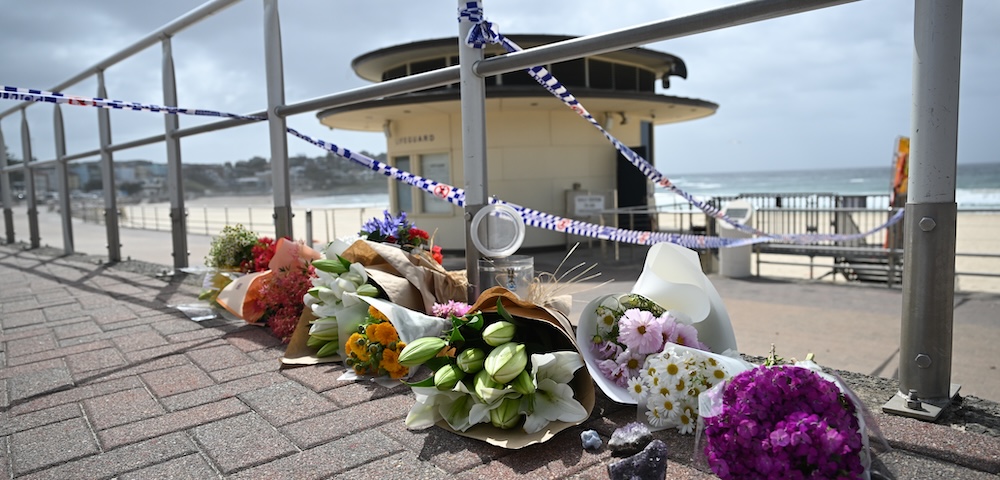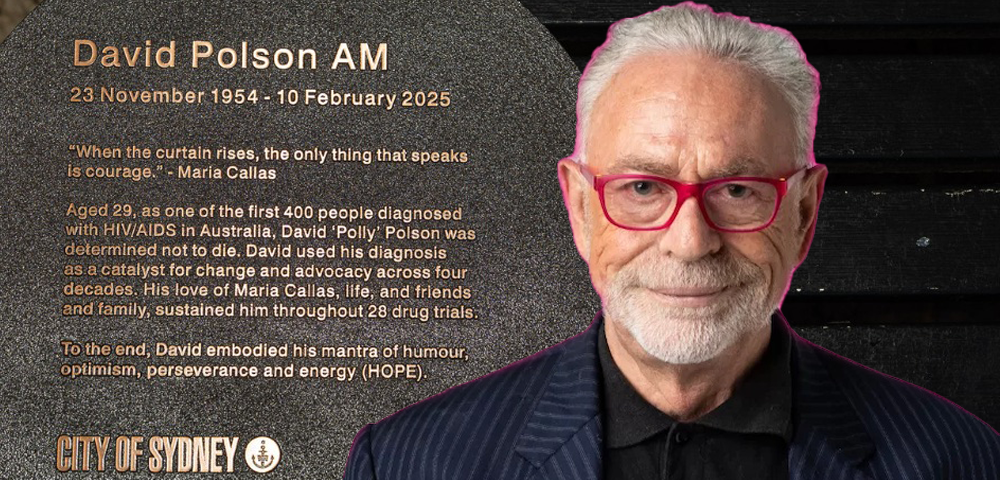
GLBT youth still suffer homophobia
More than a decade after research revealed young gay people in rural NSW were at increased risk of homophobia from the services meant to support them, a new report, released today, reveals little has changed.
The conclusion comes in research compiled for youth organisation Twenty10 on the experiences of vulnerable young GLBT people in the city, suburbs and in rural areas.
The report entitled It May Not Be Fancy -¦ is a follow-up to similar research carried out in 1995 and aims to show what progress has been made in the decade since.
The need to up-skill [support] workers in rural areas so they are more able to deal with same-sex-attracted young people was a recommendation 10 years ago and still is today, Meredith Turnbull, executive officer of Twenty10, said.
Some service providers and some communities don’t believe it’s a problem or don’t believe queer kids are in their service, Turnbull continued, even though a story we hear at Twenty10 is that young people don’t feel safe in mainstream [support] services because of actual experiences of homophobia.
The report’s authors interviewed Twenty10 users, many of whom travel some distance to use the service, and young GLBT people in country NSW.
They found that young gay people, after experiencing homophobia from one support service, would then be unlikely to access another, exacerbating their problems and possibly leading to homelessness.
If they’ve had bad experiences elsewhere they may resign themselves to not accessing anything. And that leads down the path of having to get money from somewhere, having to stay somewhere -“ that’s when the real complexities start.
The report also finds there is a significant gap in service provision to GLBT youth outside of inner Sydney, and that without these services young people could find themselves on the street.
With alcohol and drug issues, assisting young gay people, who are up to six times more likely to attempt suicide than their straight counterparts, is another of the report’s recommendations.
Alcohol and drugs abuse is now more prevalent than in the past, Turnbull said, and is symptomatic of the instability, and sometimes homelessness, that many young people face in their lives.
The aim of our accommodation is to provide that stability but with the support of a whole bunch of working through all the issues that caused them to be homeless in the first place.
However, the aim for Twenty10 is to be able to support groups in outer metropolitan and rural areas so young people don’t feel compelled to come to the city.
If an organisation says to us this is a priority then we’ll be there providing support and training, Turnbull said.
This is already working, with Turnbull citing the work Twenty10 has done with Marrickville, Hornsby and Manly councils.
Unfortunately, many other groups simply aren’t asking for this training.
Twenty10’s ambitions are also stymied by a lack of funding from state and federal government.
We work with GLBT people across the state, but neither provides a level of funds that allows us to be physically present across the state, Turnbull said.
Until funds increase, a free call number is the closest a young gay or lesbian in rural NSW will get to the Twenty10’s services their city peers already enjoy.
